UP TO THE MINUTE
From leaks to longevity
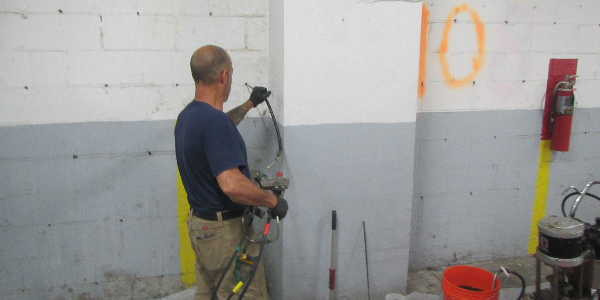
By CertainTeed.
How an innovative waterproofing method saved a federal building in Pittsburgh from extensive excavation and disruption.
In a significant move towards efficient and effective building maintenance, a federal facility in Pennsylvania, that underwent major rehabilitation, adopted the DE NEEF® waterproofing injection solution. This innovative technique formed a curtain wall that addressed water leakage in the parking garage’s foundation, avoiding extensive excavation and minimizing disruption.
The project
A federal facility dating back to the 1960s underwent a major renovation in Pittsburgh, Pennsylvania. The basement parking garage, constructed with concrete masonry units (CMUs), is part of this extensive project.
One of the primary tasks was to address water leakage through the parking garage's CMU foundation walls due to waterproofing failure. The water intrusion led to staining and discoloration on the masonry walls, prompting concerns about potential damage to the reinforcing steel and the garage's structural durability. Initially, funds were allocated for wall strengthening during construction. However, the engineer's observations throughout the project revealed that structural reinforcement was unnecessary.
Challenges
The rehabilitation project presented two critical challenges. The first, was the urgency to repair the leaks coming through the parking garage CMU foundation walls to stop the deterioration and protect the structural integrity. As a busy government facility, safety is the number one priority for guests and employees utilizing the garage.
The second challenge was that the parking garage foundation walls are located next to a road as well as a busy loading dock. Excavating the masonry walls to remove the existing below- grade waterproofing and replace it with a new system would require shutting down the road as well as the use of the loading dock for months. This type of disruption would have a major impact on the public and severely limit the function of the facility, which was unacceptable.
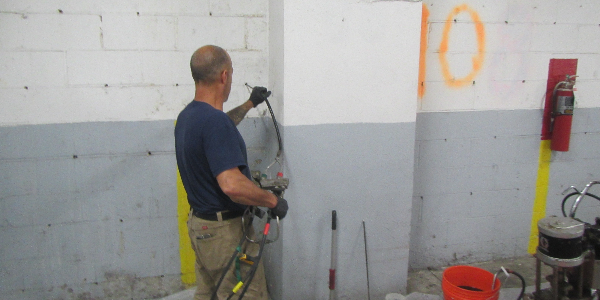
The solution
To overcome these challenges, curtain grouting was selected as the waterproofing technique to stop the water intrusion in the parking garage’s CMU foundation walls. Curtain grouting does not require excavation, saving time, money and eliminating road traffic disruption as well as the shutdown of the loading dock.
The curtain grouting technique utilizes a series of small holes drilled through the wall in a grid pattern allowing material to be injected all the way through the CMUs to the positive side of the wall where it reacts. The injected material ties together to create an impermeable barrier that prevents the groundwater infiltrating the foundation wall. Following initial injection, the wall should be monitored during a period of high soil saturation for leaks, touch up at small areas in the future may be required after the initial injection.
Curtain grouting allows you to seal multiple leaks simultaneously by creating an impenetrable waterproof barrier that stops water from coming into contact with the structure. Implementing a positive side repair is critical for protection of the structural integrity, as a negative side repair would allow groundwater to continue to saturate the wall and deteriorate the reinforcing steel.
The process
Soil testing
To select the chemical grout product for the curtain grouting, the project’s Geotechnical Engineer first conducted on-site soil tests to determine if polyurethane versus acrylate chemical grout was a better fit. It was found that acrylate was the fitting chemical grout for the soil.
Requirements for the acrylate chemical grout included:
- The grouting material needs to be a two component ultra-low viscosity hydrophilic acrylate.
- The reacted grout shall form a tough gel to stop water ingress.
- The grout needs to be non-toxic after curing.
- The cured acrylate grout must form a flexible, gel barrier that is resistant to water migration.
- The grouting material must be certified by the manufacturer to contain no acrylamides, which is a safety and environmental concern.
- The grout must have an up-to-date approved certification by an accredited 3rd party testing agency such as UL or WQA verifying that it complies with the Drinking Water System Components ANSI/NSF 61 standard.
Product selection
The grouting product selected to meet all of these requirements was federally approved DE NEEF® Gelacryl Superflex Injection Solution. With proven performance on curtain grouting projects, it is a unique blend of methacrylic acrylate copolymers, combining the low viscosity of traditional acrylate resins with the elongation and adhesion that exceed most polyurethane resins. The major advantages of DE NEEF® is its ease of use, it's not diluted, and can be applied quickly and reliably. The reaction time is highly adjustable, so the applicator can control material travel based on project conditions. GCP Specialty Building Materials, the manufacturer of DE NEEF®, has done extensive testing on their products to ensure that performance claims are backed up in the field and their products have multiple certification levels.
Execution
The design team considered multiple types of grout injection methods. It was narrowed down to both probe grouting and through-wall grouting. Ultimately, the Geotechnical Engineer’s report guided the decision, and it was determined that the on-site soil is better suited for through-wall injection.
The through-wall injection method consists of drilling a series of holes through the wall of the structure and placing a layer of chemical grout, which fills voids and permeates soils to create an impermeable barrier along the exterior surface of the structure.
As the foundation walls were masonry, long injection ports were required to ensure that the material was injected on the positive side of the wall instead of filling up the wall cavity. Injection holes were located at the mortar joints and drilled all the way through to the positive side of the wall.
With the grouting method selected, GCP Specialty Building Materials sent a field representative to the site prior to the start of the grouting work to observe and advise the work crews on the proper application procedures. GCP’s technical representative remained engaged with the applicator and maintained regular communication to answer questions and ensure that the work was performed in accordance with their recommendations.
“The GCP team helped us understand all of our grout options,” said Martin/Martin Consulting Engineer Tami Worker. “Together, we meticulously evaluated various grout types to be tailored to the specific soil conditions onsite. Their collaboration proved instrumental in navigating the requirements outlined in the geotechnical report, truly establishing them as indispensable partners in our project."
Structural considerations for lateral pressure behind the wall need to be studied with masonry basement walls. To manage that concern, the team injected the DE NEEF® grout in small stages, so that one area was cured before they moved to the next area. DE NEEF® also provided benefits as it is not expansive and cures in a short period of time, so that any fluid pressure behind the wall is localized and quickly dissipated.
Results
The completed grout curtain wall is 3,700 square feet with two rows of ports also extending onto the slab-on-grade adjacent to the wall. This through-wall curtain grouting created an impermeable barrier on the outside of the walls, between the structure and the soil.
The curtain grouting process took just over six weeks to complete, waterproofing the masonry walls efficiently without major disruptions. Had excavation been selected, months of disruptive construction would have required shutting down the neighboring road and loading dock.
DE NEEF® Gelacryl Superflex Injection Solution has an expected service life exceeding most traditional waterproofing systems, protecting the structure for longer than it is likely to be in use. In addition, the consulting engineers for this project will conduct annual inspections to observe that it remains watertight.
Curtain grouting is a proven and reliable waterproofing technique. With no excavation required, it saves valuable time and money, and is extremely effective for stopping active leaks. By simply carefully evaluating the proper materials and injection techniques that are the best fit for your project, curtain grouting will provide a permanent waterproofing solution when water is flowing through a wall into the structure. Minimizing disruption, time and cost while increasing the long-term performance of the waterproofing, certainly places curtain grouting at the top of the list of waterproofing techniques.
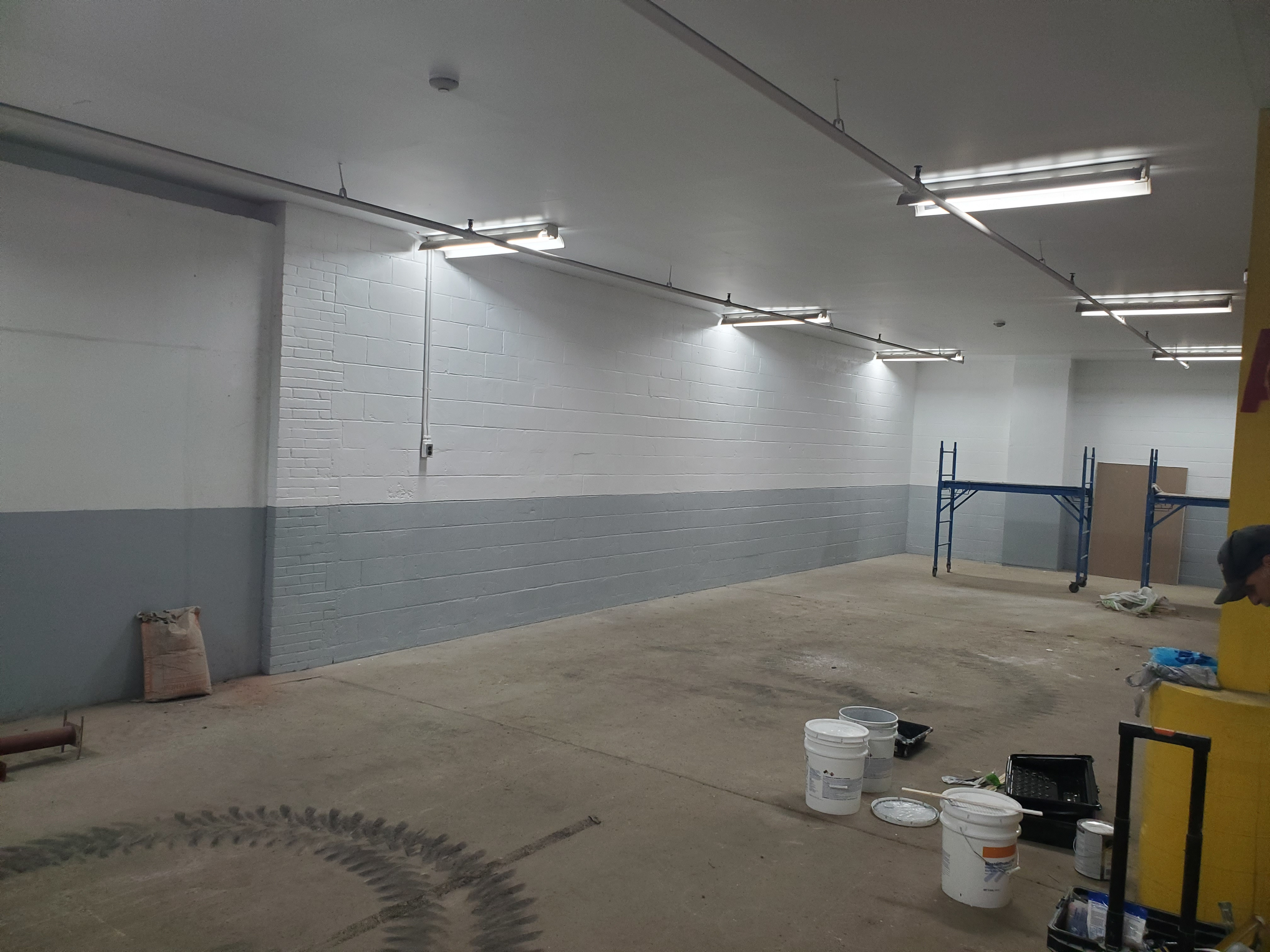
Project: Government Building in Pittsburgh, Pennsylvania
Engineer: Martin/Martin Consulting Engineers
Waterproofing contractor: Jeans Waterproofing (JWI)
Solution provider: GCP Specialty Building Materials
Solution: DE NEEF® Gelacryl Superflex Injection Solution
Curtain wall: 3,700 square feet
Total rehabilitation project cost: $750,000
Grouting scope cost: $160,000
Original article source: CertainTeed
Learn more about CertainTeed, LLC in their Coffee Shop Directory or visit www.certainteed.com.

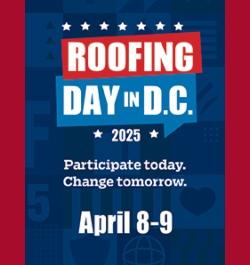

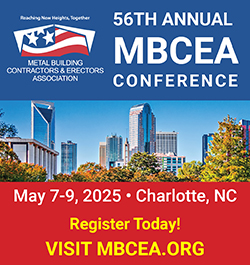








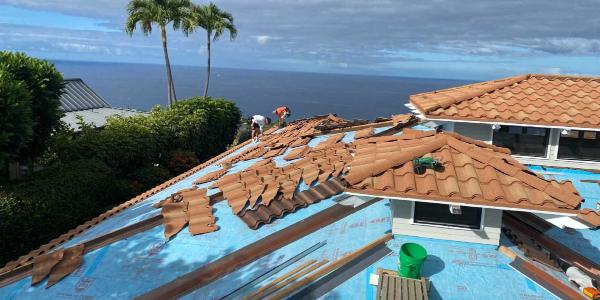
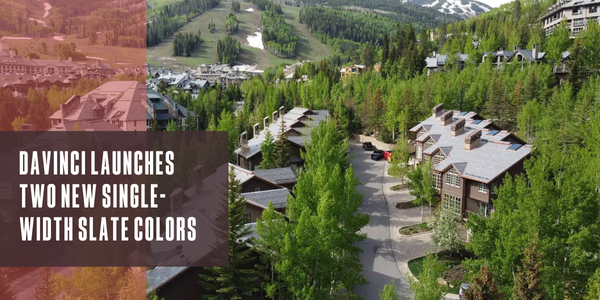



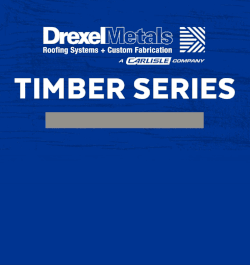

Comments
Leave a Reply
Have an account? Login to leave a comment!
Sign In